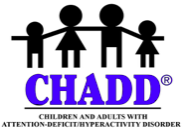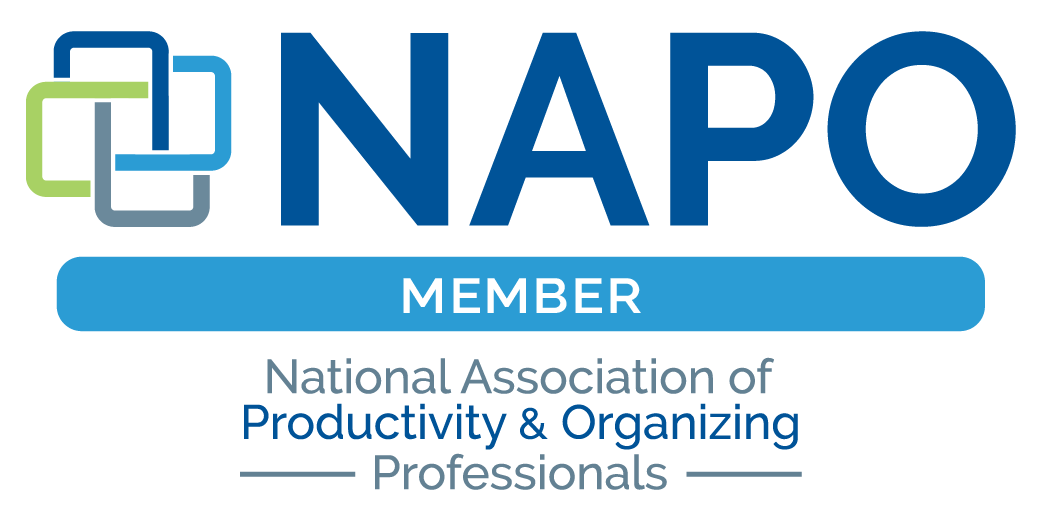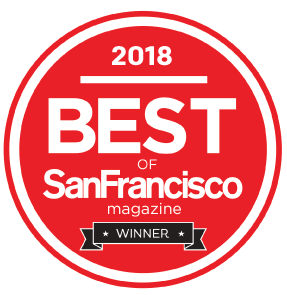Of all the things to get me excited, who knew the prospect of talking about my trash on national television would be one of them? Early last month, a crew from the PBS Newshour came to the house to interview Sven and me about residential composting for a story they were producing about San Francisco’s journey toward zero waste. Sven wrote about the happening, its genesis, and more in a most read-worthy blog post, Talking trash with PBS NewsHour.
Five adults and a large TV camera on a tripod in a 10×12′ kitchen was nothing short of cozy. Scrambling eggs and making breakfast while said camera (off tripod) and cameraman followed us around the kitchen was strange and amusing, but I have to say the most anxiety-inducing aspect to this whole experience came a few weeks later when we got the call notifying us the story, San Francisco on Track to Become Zero Waste City, would be airing that very afternoon. We wondered if our reflections about how simple and normal it is to participate in the city’s municipal composting program would make the final cut.
Well over an hour of filming was edited to 55 seconds (far more than we ever imagined) of airtime and soundbites. My line about putting Qtips* in the compost and Sven’s comment about his inability to toss an apple core in the trash when there’s no compost bin in sight have generated some awesome conversations both on- and offline. What was it about these two nuggets of revealing insight? They show how awareness and shifts in thinking can impact reflexive behaviors and habits.
Adhering to San Francisco’s Mandatory Recycling and Composting Ordinance has enabled us to reduce our landfill-destined waste to almost none. It’s affected our choices of what we buy (nearly all purchases are daily essentials) and how we buy it (with no or as little packaging as possible). This was most clearly illustrated in the lingering shot our compost/recycling/trash zone received.
Allow me to make introductions: Compost, the most frequently used and emptied receptacle, is on the left. The recycling container is the largest bin in the system. San Francisco’s single stream recycling allows us to collect all paper, glass, metal, and approved plastics in one container. Trash is often a landfill-destined crunchy plastic bag that’s attached to the side of the recycling container with a binder clip. The day the NewsHour crew came to visit, the trash bag was a Newman’s Own pretzel bag. Other weeks it might be a cereal box insert or a paper bag that a loaf of freshly-baked bread came in. It can take us two weeks or more to fill the “trash.” The milk cartons and takeout container have been rinsed and are waiting their turn to be filled with compostables. The lower shelf holds a ceramic planter that we use for collecting wine corks and spent batteries (mostly batteries from client’s homes that I empty from my work bag). These can be recycled at the local grocery co-op, a destination one or the other of us visits each week. And finally, the multi-purpose dishpan is where future trash and compost bags reside until called for duty. When needed, the very same dishpan is used for hand washing delicates or large stacks of dishes. Everything pictured above is a reuse of items we each purchased or acquired at least ten years ago and used for other other purposes.
Establishing a kitchen compost/recycling/trash zone is different for each and every household. Assessing available space and how you move through it, your aesthetics, lifestyle, and what your municipality requires all contribute to the choices to be made. It took us a few tries, over a couple of years, to perfect this setup. Lidless receptacles eliminate extra steps and effort, but they are not for everyone. We realize going lidless is a luxury in a pet- and toddler-free household. Because we regularly cook from scratch, food scraps add up quickly and force us to empty the compost bin a couple times a week. As such, even after a couple of days, the compost doesn’t smell. When there’s a risk that it might, a little sprinkle of baking soda will neutralize the possibility. During these winter months, orange and lemon peels do the trick!
Since the NewsHour story aired, Sven and I have found ourselves talking trash with friends and colleagues on the sidewalk, at parties, and in restaurants and stores. Some have come to us with composting and disposal confessions, while others have declared new shopping and disposal aspirations: several people will stop buying trash bags and others declared have a personal challenge to reduce their actual trash to match ours.
We knew compost was nutrient-rich, but what a surprise to discover that talking about it could nourish our community and beyond in so many ways.
*Next time, I’ll be sure to say “cotton swab.”
Credits: Screenshots (three color photos) ©PBS Newshour.










Dang, I missed the show! You are both so inspirational to many people. Thank you for leading the way.